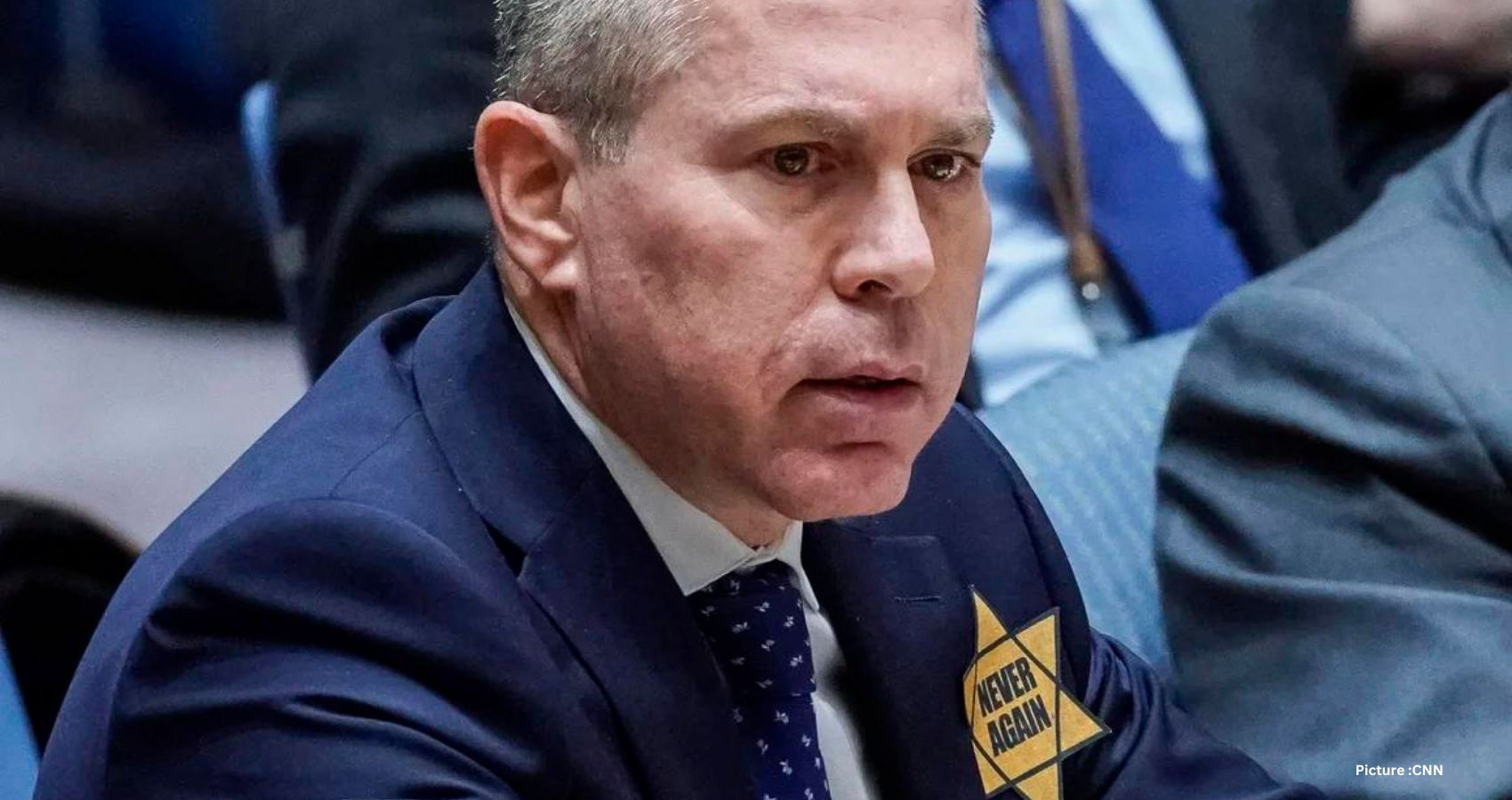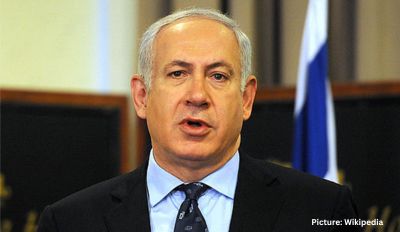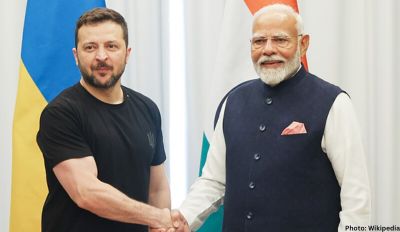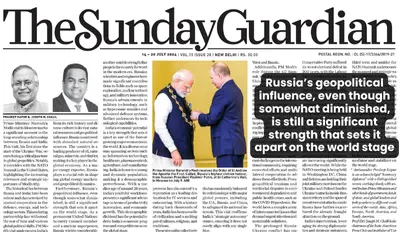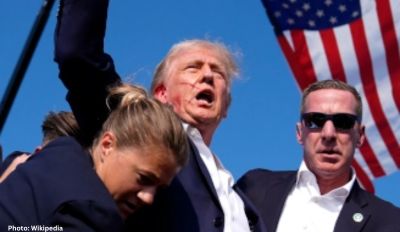Israel’s relationship with the United Nations has reached a historic low following an escalation in tensions between the two entities this week. UN Secretary-General Antonio Guterres invoked Article 99 of the UN Charter, a seldom-used but potent tool, in his determined effort to secure a ceasefire in Gaza. This move, however, sparked outrage among Israeli diplomats who vehemently opposed calls for a ceasefire, asserting the need to continue their offensive against Hamas.
Guterres’ employment of Article 99 marked the seventh instance in the UN’s 78-year history and the first since 1989. The article empowers the UN chief to bring to the Security Council’s attention any issue that could exacerbate existing threats to international peace and security. In a letter to the council, Guterres urged for unified action to avert a humanitarian catastrophe, stating, “We are at a breaking point…there is a high risk of the collapse of the humanitarian support system in Gaza, which would have devastating consequences.”
Israeli Foreign Minister Eli Cohen criticized Guterres, labeling the UN chief’s tenure as a “danger to world peace” and accusing him of siding with Hamas. Cohen argued that the call for a ceasefire endorsed the October 7 attack by Hamas, where militants killed 1,200 people and took over 240 hostages. Israel’s offensive in Gaza, according to the Palestinian Health Ministry in Ramallah, has resulted in over 16,000 deaths.
Guterres’ unprecedented use of Article 99 was described as a “symbolic punch” by Daniel Forti, a senior UN analyst at the International Crisis Group. Forti emphasized that, while unlikely to shift political dynamics within the Security Council, the rare utilization of this tool had a moral impact due to its infrequency.
Israeli Ambassador to the United Nations Gilad Erdan argued against a ceasefire, contending that it would solidify Hamas’ control of Gaza and prolong suffering for all. He criticized Guterres for invoking Article 99, highlighting the contrast with other global conflicts that did not prompt a similar response.
The United States later vetoed a resolution calling for an immediate ceasefire in Gaza, referencing Guterres’ use of Article 99. Drafted by the United Arab Emirates and co-sponsored by at least 97 other countries, the resolution received majority support from thirteen Security Council members, with the UK abstaining. The US, exercising its veto power, emphasized Israel’s right to self-defense and criticized the resolution for overlooking Hamas’ attacks on October 7.
Gabriela Shalev, former Israeli ambassador to the UN, asserted that Israel-UN relations were at a historic low. Shalev, noting strained ties since Israel’s establishment in 1947, criticized the UN for not understanding Israel’s existential threat. Israeli diplomats, led by Erdan and Cohen, openly denounced the UN, with Erdan wearing a yellow Star of David to protest alleged inaction.
The ongoing conflict has strained not only relations with Guterres but extended to various UN agencies, including the World Health Organization, UN Women, and the UN’s Special Rapporteur for the Occupied Palestinian Territories, Francesca Albanese. Over 100 UN staffers have been killed in Gaza, marking the largest loss in the organization’s history, with UNRWA facing criticism from Israel.
Israeli media has amplified stories questioning UNRWA’s role in the war, with allegations of complicity in Hamas’ militancy. Albanese, the UN’s Special Rapporteur, faced accusations of being a “shameless Hamas-complicit official,” prompting her to defend her work and criticize the attacks as baseless.
Despite distrust, Shalev cautioned against anti-UN rhetoric, urging a focus on presenting the facts of the October 7 attack. She emphasized the need for a measured approach rather than emotional declarations to convey Israel’s perspective.

